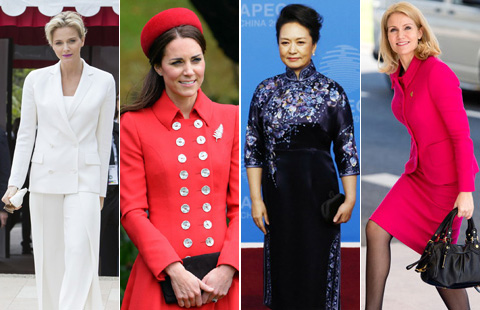
This shows that quite a few Chinese people don't have much faith in domestic products even if they are as good as the foreign ones. Otherwise, how could such companies survive? This also shows that, despite its rise as an economic power, China has somewhat failed to offer genuine quality products to its people.
Although many Chinese products, including counterfeits, are of substandard quality, the ploys used by the "fake foreign" companies help them make decent profits without even trying to make quality products. And since some Chinese enterprises lack the confidence to take on foreign brands, they turn to imitate them instead.
Therefore, it would not be wrong to say that neither Chinese producers nor consumers are confident of their positions despite the success of several Chinese brands in overseas markets. Home-appliance makers Haier Group and Gree Electric Appliances, telecom multinational Huawei and information technology giant Lenovo are the best examples of Chinese brands reaping rich harvests in the overseas markets.
Therefore, Chinese manufacturers should start making more quality and reliable products to compete with their foreign rivals. And Chinese consumers, like most people in the Republic of Korea, should start supporting domestic brands and products. Once such change is evident, counterfeits and substandard products will have little room in the market.
The author is a professor at the School of International Trade and Economics, University of International Business and Economics, Beijing.








